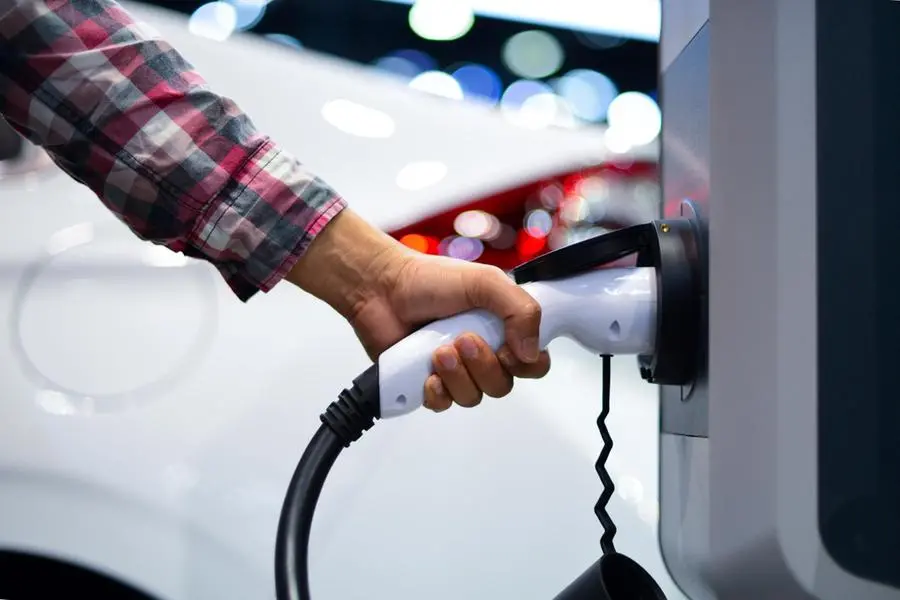PHOTO
Muscat – In line with its commitment to net zero carbon emissions by 2050, Oman will have at least 22,000 new electric vehicles (EV) on roads by 2040 and phase out all fossil fuel powered vehicles by 2050.
The Ministry of Transport, Communications and Information Technology (MTCIT) has launched a special programme to reduce carbon emissions and reach net zero by 2050.
An official at MTCIT said the programme includes a number of projects and initiatives in several sectors, one of these being the transport, communications and information technology sector, which accounts for nearly 20 per cent of the total carbon emissions in Oman.
According the official, the ministry has set its plan for zero carbon neutrality in three stages. In the first stage, the target is to reduce emissions by three per cent by 2030, 34 per cent by 2040 in the second stage and 100 per cent by 2050 in the third and final stage.
He informed that in the first stage, the ministry plans to have around 7,000 EVs, or 35 per cent of new light vehicles, on the road, besides reducing emissions by 40 per cent from heavy equipment by using dual combustion technology developed locally.
“In addition, biofuels will be used substantially in public transport, while work is already underway to convert some equipment in ports to environmentally friendly types using solar energy.”
In the second phase, the ministry aims to have over 22,000 new EVs by 2040, which will constitute 65 per cent of new light vehicles.
MTCIT is also working to determine the operating age of public transport vehicles in a way that contributes to reducing emissions, in addition to establishing a regional centre to supply ships with green fuel. This move will constitute a quantum leap in the field. MTCIT is also looking to build bus stations and buildings fitted with solar panels, further contributing to reducing emissions.
In the third phase, the ministry aims to use hydrogen or electric technology in all trucks and heavy equipment to reduce emissions by 100 per cent. New light vehicles will all be electric to achieve the target percentage and achieve declared zero neutrality in 2050.
MTCIT has engaged intensively with the private sector to improve infrastructure and prepare for adoption of electric cars. The ministry has drawn up a short-term plan to instal over 140 electric vehicle chargers by the end of 2023, and more than 350 by the end of 2026.
© Apex Press and Publishing Provided by SyndiGate Media Inc. (Syndigate.info).





















